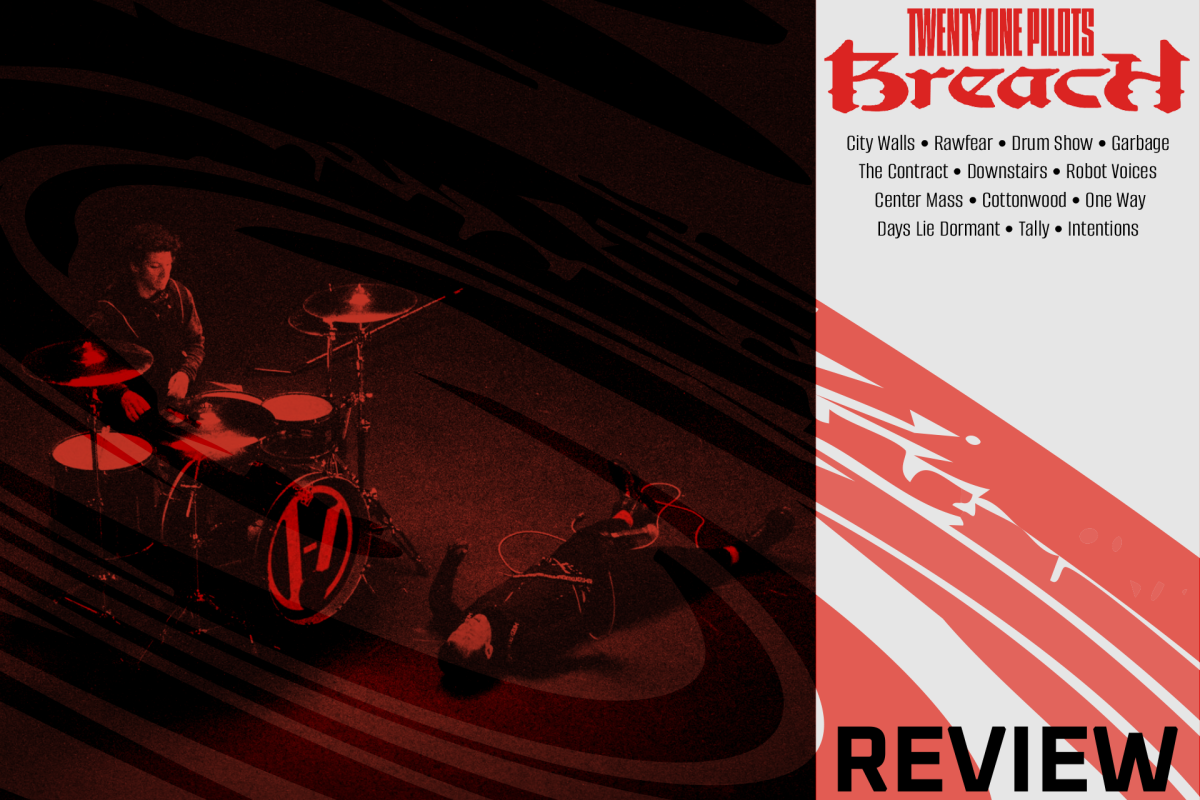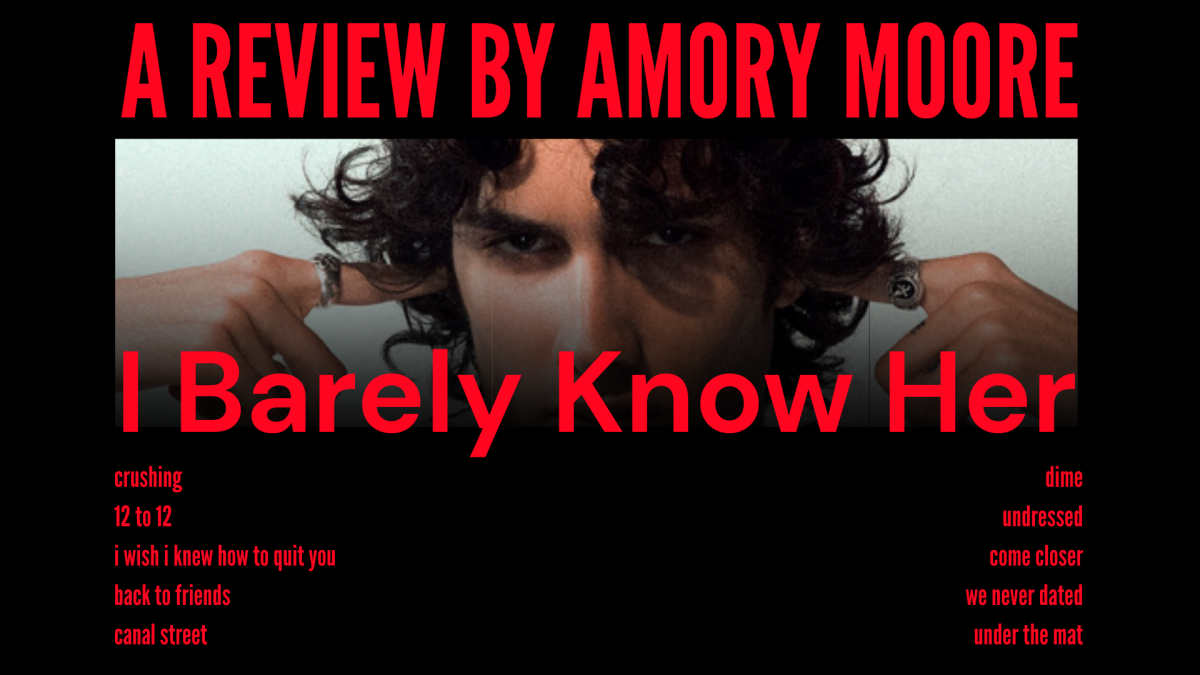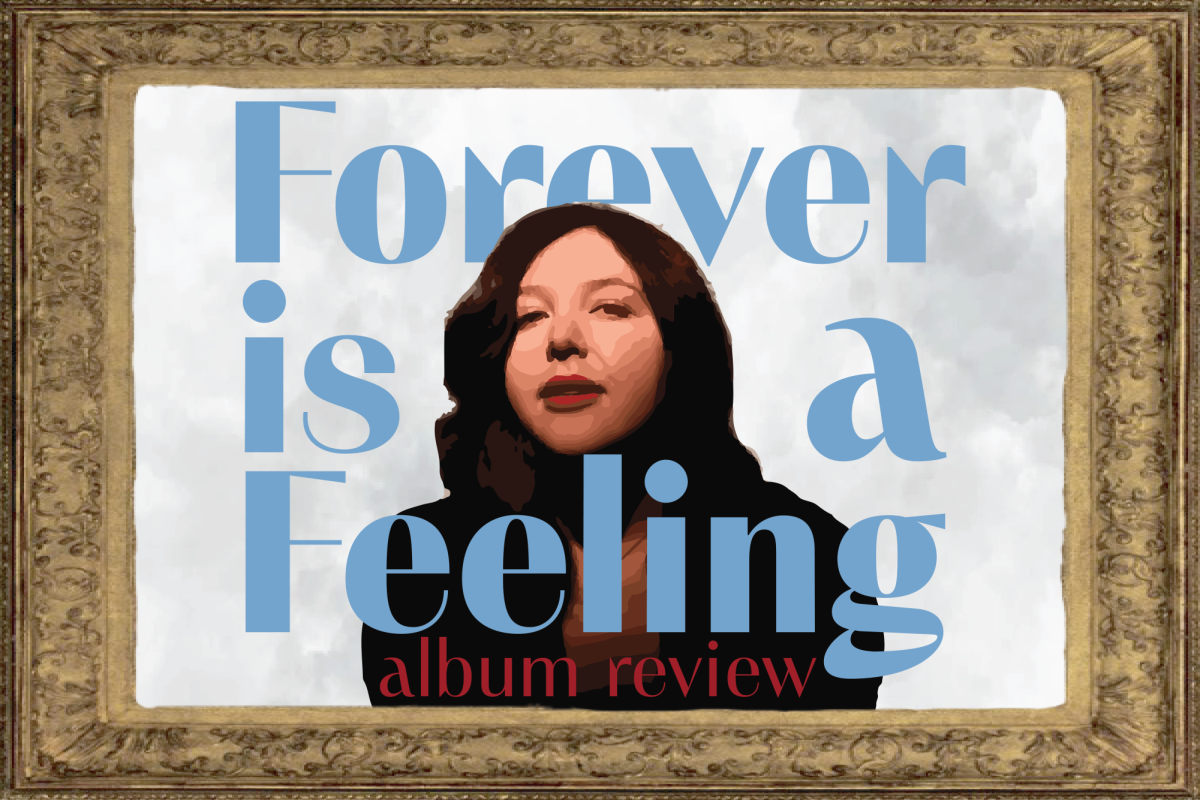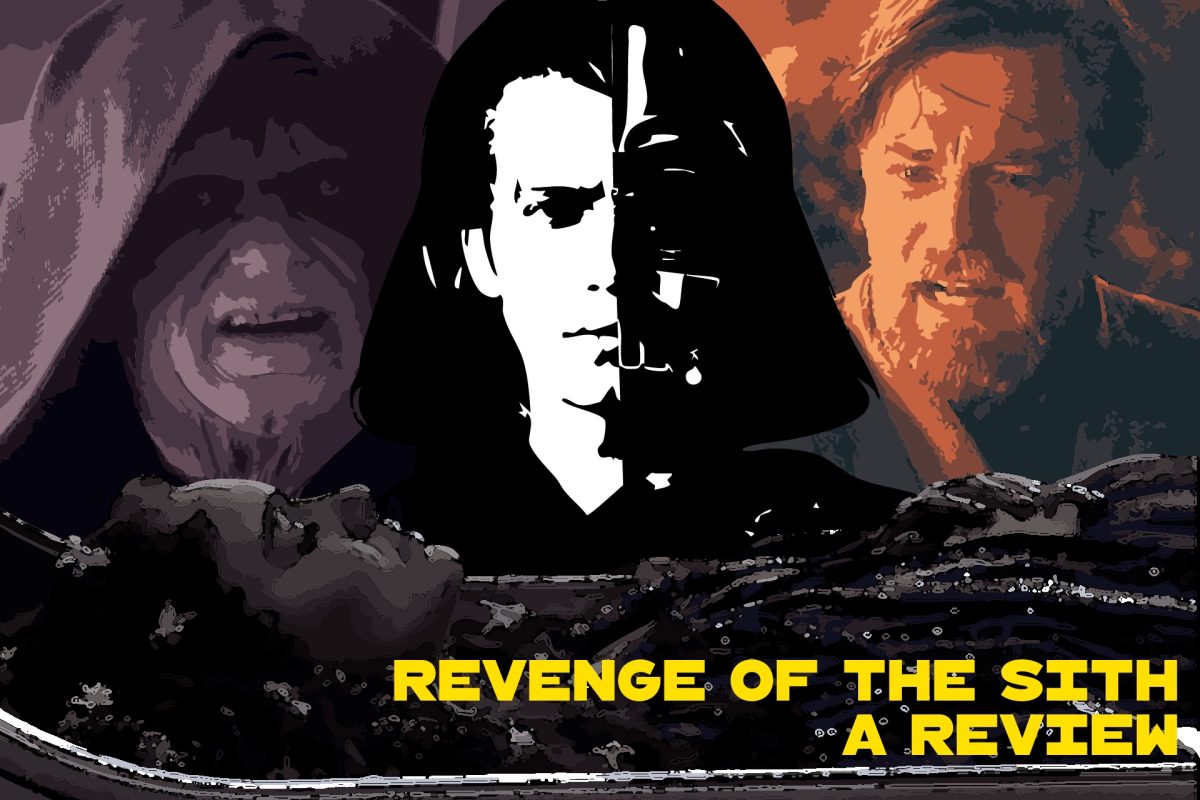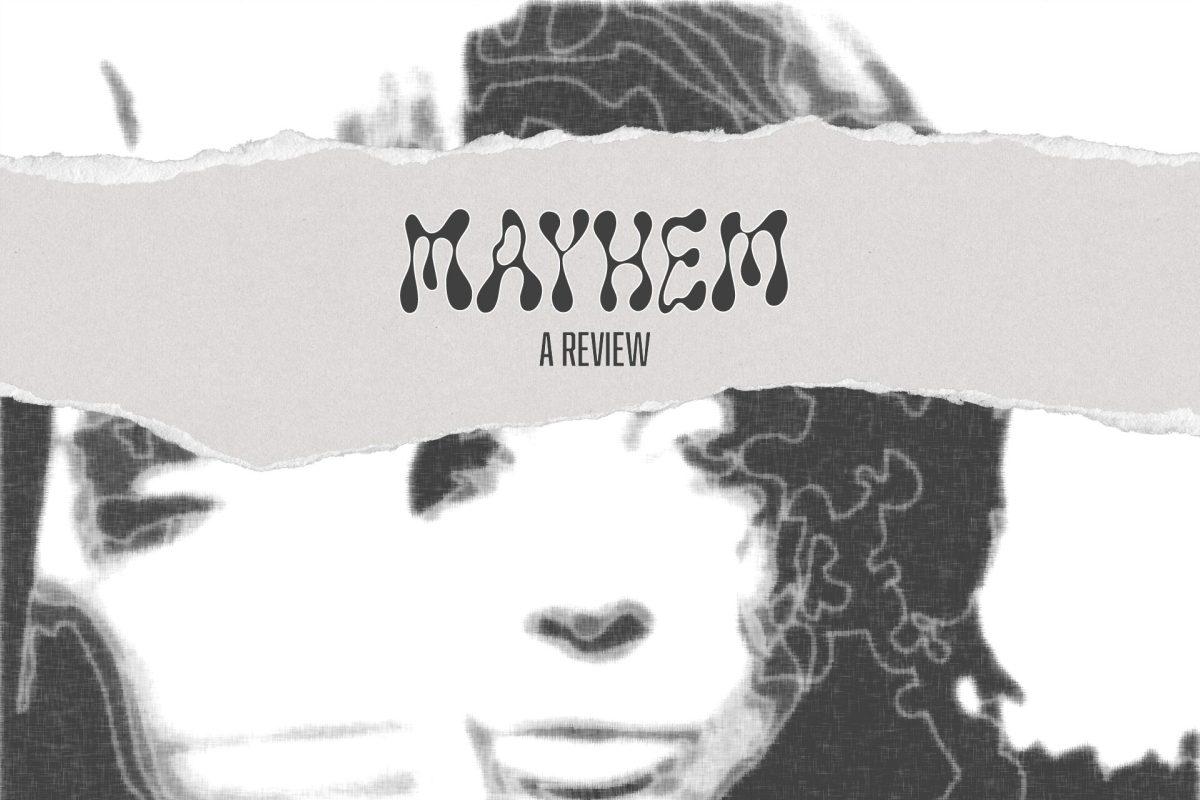Disturbing, erotic and Oscarworthy: expect the unexpected with “Saltburn”
I purposefully avoided spoilers, trailers and interviews — basically anything and everything about “Saltburn” prior to seeing it. All I knew was that I should expect something insanely unhinged, and I was not disappointed.
Lovers of Emerald Fennell’s first film, “Promising Young Woman,” should expect a much darker film, which says a lot. You’ll enjoy a quick cameo from Carey Mulligan as “Poor Dear Pamela,” it is clear that Fennell loves working with Mulligan. If you loved Mulligan’s portrayal of Cassie as an anti-hero in Fennell’s debut film, you will find the same admiration in “Saltburn” with its poisonous protagonist, Oliver Quick.
At its core, Fennell’s sophomore film, “Saltburn,” is about obsession.
Played by the brilliant Barry Keoghan, Oliver is not purely calculated in his obsession. He gets lost in his twisted love — he is messy — and he often narrowly escapes losing everything he is so consumed by. The Irish actor received a nomination for Best Supporting Actor at this year’s Oscars for his performance as Dominic in “The Banshees of Inisherin.” Fans of Keoghan like to joke that he is often cast to play a “freaky little weirdo:” such as the chilling and vengeful teenager, Martin, in Yorgos Lanthimos’ “The Killing of a Sacred Deer,” or Keoghan’s brief appearance as the Joker in Matt Reeves’ 2022 film “The Batman.” Keoghan’s performance in “Saltburn” only continues this running joke, as Oliver Quick is far from normal.
Jacob Elordi, who is currently receiving praise for his role as Elvis in Sofia Coppola’s “Priscilla,” has truly showcased his range as an actor with his new character in “Saltburn.” Elordi plays Felix Catton, a privileged and popular student at Oxford, where Oliver also attends. After quickly becoming friends in college, Felix invites Oliver to stay at his parents’ house for the summer, which turns out to be a lavish, old-money country home: Saltburn.
This psychological thriller is wildly Kubrickian. In an interview with IGV Presents, Fennell named “The Shining” as her favorite film of all time. I noticed this influence in her elaborate set design, the boundary-pushing, the themes of lust and sanity — even her use of the hedge maze as a significant location.
I can see that Fennell is trying to push past expectations from her first film. “Saltburn” often prioritizes upkeeping its gothic style over communicating the plot which, honestly, is consistent with the themes of the film. Regardless of whether the inconsistency and plot holes are purposeful, I strangely appreciate it. The Cattons are obsessed with image and are vastly privileged and wealthy which is showcased by the pristine setting. Some moments and montages in the film didn’t fully make sense or belong, but hey, I liked it, it was pretty! The third act is quite nonsensical, and it doesn’t really tie up the film in the way you want or expect it to, making the film less logical than her last, perhaps on purpose. However, in regard to the moviegoing experience, it was more than entertaining.
Another gripe I can understand is how graphic and grotesque this film often is. It’s hard to explain how wild some of the scenes in “Saltburn” are without completely spoiling it, but just know that Keoghan is very, very brave. After seeing Fennell’s explanation for these scenes, I actually found the eroticism incredibly important to the themes she was trying to illustrate. Just be careful who you go to see this film with — “Saltburn” is definitely not meant for a family movie night.
Fennell’s cinematography in “Saltburn” was drastically different from “Promising Young Woman.” I could tell she was more comfortable and more experimental. Fennell loved playing with mirrors and reflections, including many shots where characters were fractured, doubled. This symbolism is an ongoing metaphor, and Keoghan’s character even shatters a mirror by punching it, gazing into the duality of himself in the fragments.
I am eager to see if this film will receive any Oscar praise, but if I were to predict nominations, I would say Best Director, Best Cinematography, Best Editing, Best Actor for Keoghan and maybe even Best Picture. The cinematography is “Saltburn’s” biggest strength by far.
Essentially, go see “Saltburn,” but not with your parents. The film is polarizing, but enjoyable regardless. As an auteur, Fennell loves shocking audiences, twist endings and dark comedies. After seeing her newest creation, I am impressed by her progress after only one other film, and I am eager to see her next endeavors.
The tagline of the film, delivered in the trailer by Alison Oliver’s character, Venetia, perfectly explains what to expect when going to see “Saltburn:”
“We’re all about to lose our minds.”
Edited by Annie Goldman | [email protected]
Copy Edited by Audrey Dae Bush and Briana Iordan
Edited by Sophie Rentschler | [email protected]



